Are you interested in contributing to solutions-oriented climate literacy by expanding your climate teaching?
The Pathways to Resilience Quality Enhancement Plan (QEP) and the Center for Excellence in Teaching and Learning for Student Success (CETLSS) invite faculty from across campus to join us for our 2025 Climate in the Disciplines Course (Re)Design Institute.
Participants will be compensated with a stipend and will be expected to submit a product (syllabus or module—participants’ choice) by the end of the summer. Apply by March 3rd (see below) to be considered!
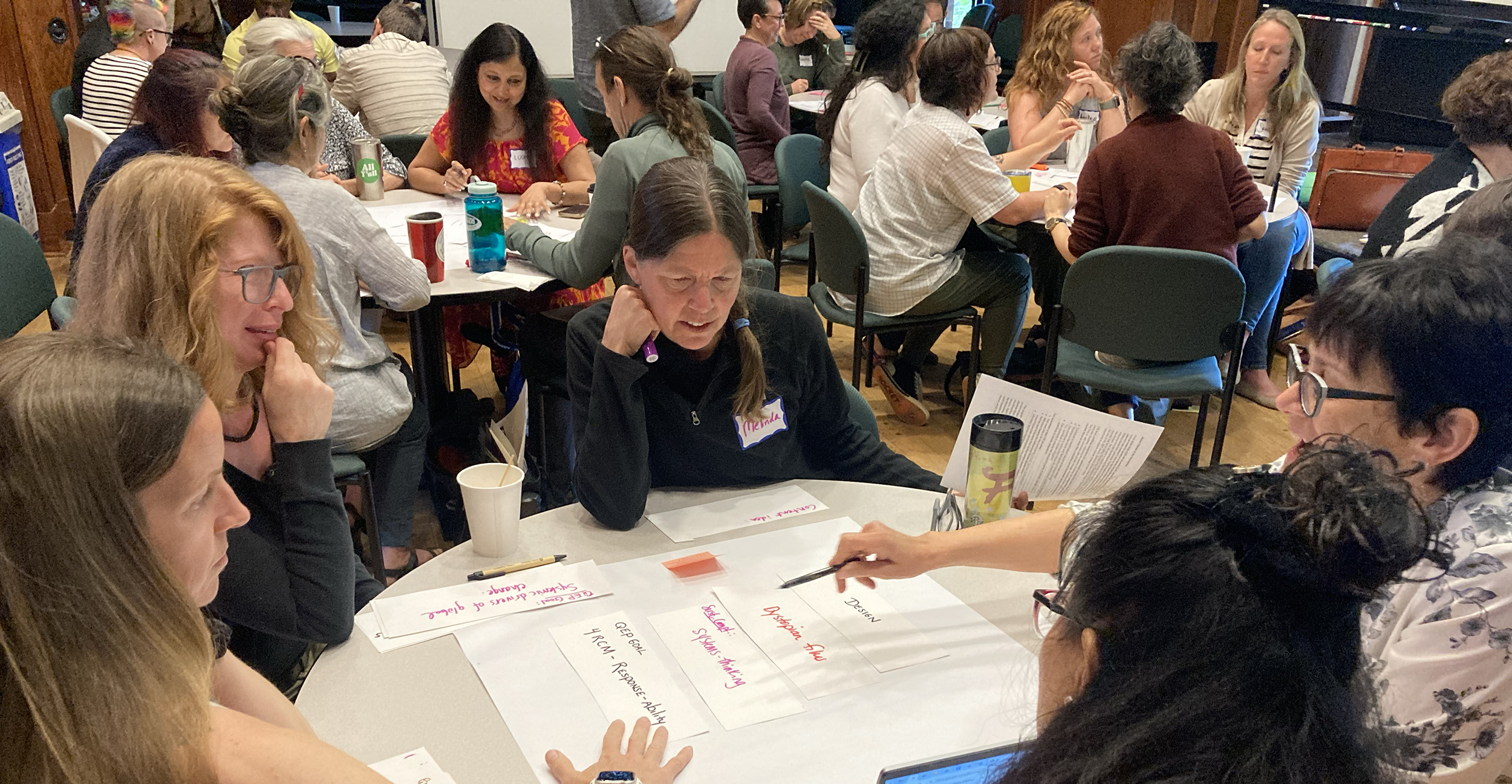
Goals: The primary goal of this institute is to help faculty prepare to teach at the upper level within their own academic program about climate change and climate solutions. Climate in the Disciplines (CID) courses explore ways that a discipline—including the sectors of activity and professional pathways that flow from it—can contribute to actions that reduce the drivers of climate change (climate mitigation) and/or reduce the harms of climate change (climate adaptation). We aim to inspire/foster faculty creativity around teaching about climate, expand the circle of faculty who are teaching about climate, and build community among these faculty.
Instructors (bios below): This leader-full institute will be facilitated by QEP directors Shea Tuberty (Biology) and Laura England (Sustainable Development), by climate literacy champions Brian Burke (Sustainable Development) and Rachel Wilson (Learning, Teaching and Curriculum), and course design guru Lindsay Masland (CETLSS). Additional “resource people” will also contribute their expertise to our program.
Stipend: This Institute is a compensated professional development program offered to instructors who are willing to commit to the three day learning experience and complete one of these two products:
- Syllabus ($1500 stipend): newly (re)designed syllabus (includes assignments, readings, etc.) focused on Climate in the Discipline instruction.
- Module ($1000 stipend): newly (re)designed module focused on Climate in the Discipline instruction.
Time Commitment: This institute will be held in the Reich College of Education room 124ABC. Participants can expect the following in terms of commitment:
- Pre-work: participants will complete a self-guided activity with resources relevant to sustainability education and pedagogy prior to the institute
- Tuesday, May 13, 9am-4pm: in-person program in RCOE 124ABC
- Wednesday, May 14: 1.5 hr zoom session + ~4 hrs of solo work, location of your choice
- Thursday, May 15, 9am-4pm: in-person program in RCOE 124ABC
- Post-work: by August 1, participants will turn in their product (syllabus or module)
Application: Please complete this CID Institute Application Form by Monday, March 3, 2025. We hope to include all faculty who apply (as budget and space allow). We will get back to all applicants by Friday, March 21, 2025.
Questions: Contact Laura England (englandle@appstate.edu)
Instructor Bios
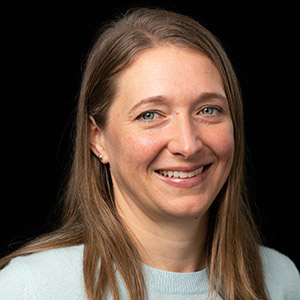
Dr. Rachel Wilson Potter is a Professor and the Assistant Chair in the Department of Learning, Teaching, and Curriculum. She has been involved in sustainability and climate literacy initiatives since arriving at Appalachian State University in 2011, including as an instructor for the course “Climate Responses & Response-ability.” She teaches Environmental Literacy in 21st Century Schools (CI 3552), Methods of Elementary Science Teaching (CI 4401), Teaching About Life and Environments in the Elementary School (CI 3401), and Teaching Emergent Bilinguals in Science (CI 5330). Rachel’s areas of research interest focus on best practices for science and environmental teaching, including a focus on multiple modes of representation, the cultural relevance of content topics, and the identity work inherent in learning and teaching. Rachel earned a Ph.D. in Science Education from the University of Georgia, and a bachelor’s in Biology with a concentration in Environmental Studies from Bryn Mawr College.
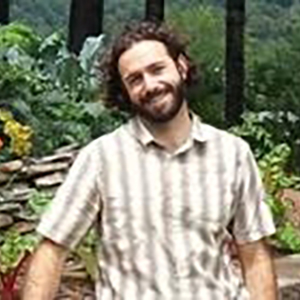
Dr. Brian J. Burke is an Associate Professor in the Goodnight Family Sustainable Development Department at Appalachian State University. After receiving his Ph.D. in Anthropology from the University of Arizona, he served as a post-doctoral researcher with the Coweeta Listening Project at the University of Georgia and the Coweeta Long Term Ecological Research (LTER) Program. His research aims to support movements for social justice, environmental sustainability, and solidarity economies by examining their ethical visions, strategies, and the challenges they face. Drawing on post-structural political economy and political ecology, he is particularly interested in the ways that material and socio-cultural dynamics work together to constrain and enable change. His work has included projects on urban environmental activism and appropriate technologies on the US-Mexico border, rural cooperatives in Brazil and Paraguay, alternative economies in Colombia, and environmental knowledge production in southern Appalachia.
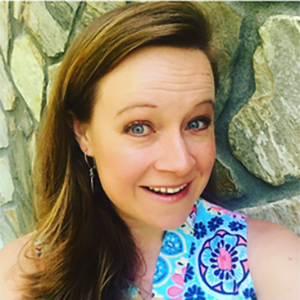
Dr. Lindsay Masland is the Interim Executive Director of the Center for Excellence in Teaching and Learning for Student Success. In this role, she coordinates the Student Instructional Feedback Technique (SIFT) program, Course ReDesign, Agile Academy, the Teaching and Student Success Lab (TASSL), as well as book clubs and Appalachian Learning Communities. She also provides teaching observations, consultations, and workshops on transformative teaching for both individuals and programs. Lindsay came to App State in 2011 after completing a Ph.D. in Educational Psychology with a concentration in Statistics from the University of Georgia. Lindsay also earned BA and MA degrees in Experimental Psychology at Wake Forest University. While at App State, she has contributed to the undergraduate Psychology major and the graduate School Psychology MA/SSP degree program, where she has taught courses in statistics, educational psychology, and pedagogy.
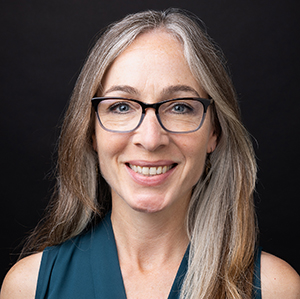
Laura England began co-leading the Pathways to Resilience QEP in August 2023. She has taught the natural science that informs sustainable development at App State since 2010 and is a Practitioner in Residence in the Department of Sustainable Development. For more than a decade, Laura has applied her outreach experience and climate concern to cross-campus climate literacy efforts, including convening faculty from across the disciplines to explore climate curriculum possibilities and co-leading the Climate Stories Collaborative and the Climate Responses and Response-Ability course initiative. Before coming into the classroom, she spent seven years directing environmental sustainability programs in the non-profit sector. Laura earned an M.S. in Ecology and a Graduate Certificate in Conservation Ecology & Sustainable Development at the University of Georgia’s School of Ecology. Always interested in thinking across the disciplines, Laura’s undergraduate work included a B.S. Environmental Science & Ecology and a B.S. Multidisciplinary Studies: Art & Values in a Technological Society at North Carolina State University.
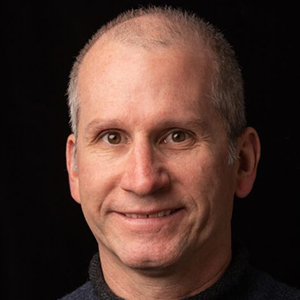
Dr. Shea Tuberty was selected in January 2023 as QEP Director. As a professor in the Department of Biology, he teaches several relevant classes and has published in a range of journals, including Aquatic Ecology, Environmental Processes, the Journal of Environmental Protection and Science of the Total Environment. He has long played a leadership role in sustainability and climate literacy efforts on campus, including being the first faculty member to pilot the “Climate Responses & Response-Ability” course. In addition, he has built strong relationships and honed his leadership and strategic planning skills through service on university committees, councils and task forces, as well as on community and professional organizations. Dr. Tuberty also leads an interdisciplinary research cluster of high school, undergraduate and graduate students focused on understanding the impacts of land-use and climate change on water resources. Dr. Tuberty joined App State’s faculty in 2002 as an assistant professor in biology and served for seven years as the department’s assistant chair. He holds a Ph.D. and an M.S. in ecology and evolutionary biology from Tulane University and a B.A. in general biology from Vanderbilt University.
